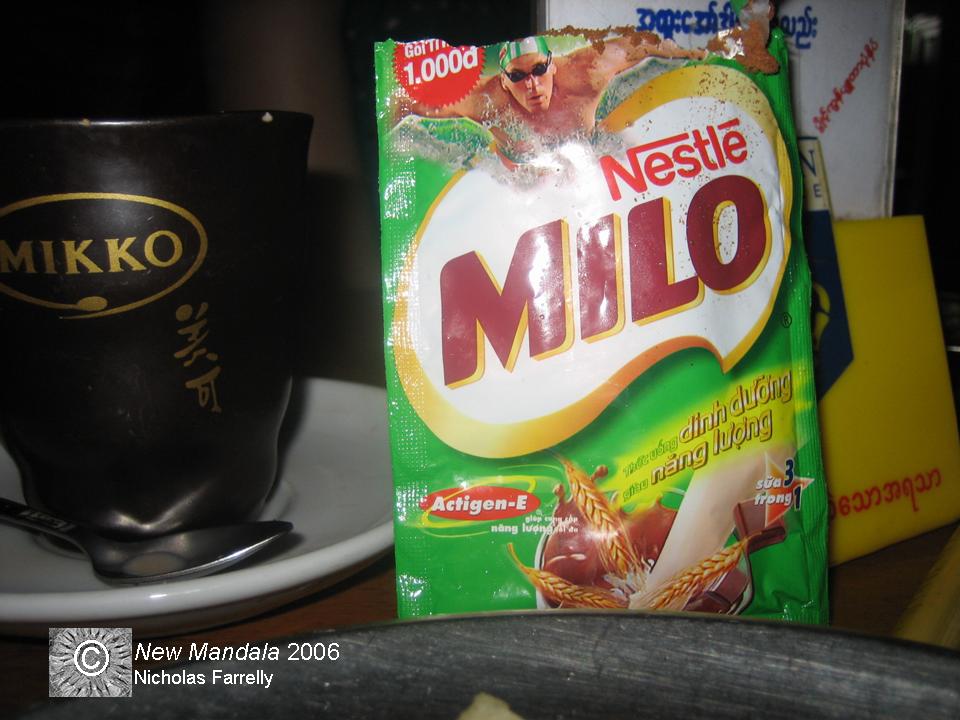Many New Mandala readers probably remember the years of widespread scholarly and popular interest in the idea of “Asian values“. Countless undergraduate Asian Studies tutorials have been dominated by the idea. Much has been written on the topic, including this piece by former Dean of the ANU’s Faculty of Asian Studies, Professor Tony Milner.
Since the 1997 financial crisis dented confidence across East and Southeast Asia that debate has largely faded. “Asian values” – and the veiled defence of authoritarian politics they imply – are momentarily out of vogue.
In what could be seen as an extension and refinement of some old arguments, Professor Peter Lorange, a prominent business guru, is reportedly championing “Asian management styles” to provide executives with a sense of “social entrepeneurship”. I am not being evasive: this is a vague concept.
It still has its purpose, though. I expect that Lorange’s perspective on “Asian” business culture is likely to win him many friends across the region.
The Nation quotes him as saying:
Social entrepreneurship involves not only doing business but also coexisting with society. For example, Nestle’s operation in Thailand has long been part of Thai culture, so it’s a win-win [for both business and society].
This statement needs to be seen in broader context. Claiming Nestlé as a “part of Thai culture” is, on the surface, a strange claim to make if it is, indeed, unscripted. It prompted me to a dig a bit. Lorange is the President of the International Institute for Management Development. He also holds the position of “The Nestlé Professor – Strategy”. Many people would want to declare such an affiliation before giving their sponsor a plug. Please excuse my mocking tone.
For an example of some of the other innovations that impress Lorange, the article continues:
Lorange said employees at the Four Seasons Hotel in Shanghai sang a corporate song to boost team bonding and corporate unity. In addition he said he believed that corporations should foster a longer-term management mind set in order to improve the quality of their products and services.
Everybody loves a singalong. Maybe we will now hear a chorus of essentialised gloss on the concept of “Asian management styles” from eager regional statesmen and business leaders. The conductor has whistled the tune.
 Facebook
Facebook  Twitter
Twitter  Soundcloud
Soundcloud  Youtube
Youtube  Rss
Rss 